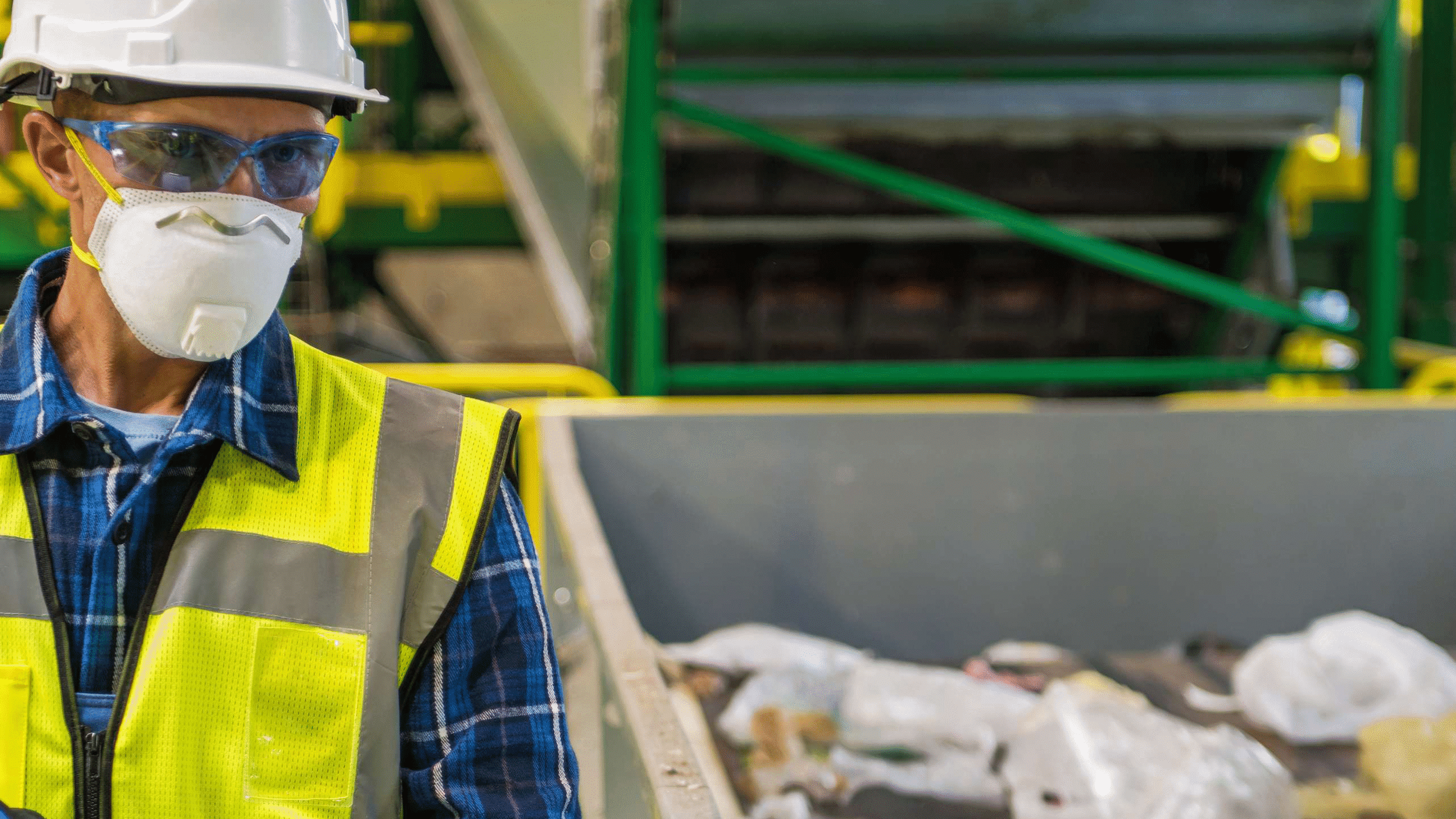
With sustainability taking precedence in modern business operations, the way we think – and act – about recycling has changed dramatically
The UK has set a goal of reach net zero carbon emissions by 2050, meaning every organisation has a responsibility to reduce its carbon footprint and put sustainability into practice. There are many ways to go about achieving this, but one of the key factors involved in any net zero effort is effective waste management.
Commercial waste management requires businesses to dispose of waste responsibly, putting greener measures in place wherever possible. As such, as much waste as possible should be reused or recycled, rather than being sent to landfill.
But how has our relationship with commercial recycling changed over the years, and what can businesses today do to improve their waste management and achieve their green goals? Let’s take a look.
The UK’s history with recycling
For around 80 years, the UK has been recycling its waste, but this has taken many forms. Government and corporate initiatives surrounding sustainability and environmental protection have become more commonplace in recent years, and this has led to a greater emphasis on the importance of recycling, reduction, and reuse.
This century alone, there have been many legislative changes and updates towards recycling and sustainable waste management:
- – 2000: WRAP (Waste and Resource Action Programme) is created, and receives funding from the Department for Environment, Food, and Rural Affairs, as well as the Northern Ireland Executive, Zero Waste Scotland, the EU, and the Welsh government.
- – 2003: EU regulations are introduced detailing how to dispose of WEEE (Waste Electrical and Electronic Equipment). Also, the UK Household Waste Recycling Act is introduced.
- – 2008: The Waste Framework Directive is created by the UK, and includes regulations on waste disposal and treatment across Europe. The Climate Change Act offers the first legal, long-term framework to cut carbon emissions, stating the aim to be carbon neutral by 2050.
- – 2010: Environmental Permitting Regulations provide strict regulations on the storage, treatment, and disposal of hazardous waste items.
- – 2015: 43.5% of the UK’s municipal waste is now recycled. The 5p charge for single-use plastic bags was introduced, sparking the birth of taxing single-use plastic. This resulted in an 80% drop in plastic bag use in the UK.
- – 2018: The UK Plastic Pact is introduced following revelations on BBC’s Blue Planet. This led to supermarkets eliminating plastic waste from their shelves.
- – 2021: The Environment Act establishes a deposit return scheme for drinks bottles, and shifts responsibility of funding for recycling onto manufacturers.
- – 2023: UK Recycle Week turns 20 years old. Government figures suggest recycling rates have risen from 14.5% to 44.1%.

Attitude changes towards recycling
Today’s consumers know about the importance of sustainability, meaning businesses have to cater to these green demands in order to find long-term success. A study by Deloitte found that a quarter of consumers are prepared to pay more for sustainability.
At the same time, stricter regulations have been put in place with regards to business waste management. Responsible separation of waste, and reducing the amount of waste sent to landfill, is no longer an added bonus to a business, but a legal requirement.
With the rise of social media, companies can no longer get away with immoral waste practices or greenwashing, as consumers have the drive and platform to call out such behaviours.
These changes can only be a good thing, encouraging businesses to go green and fostering a societal culture of sustainability and proper waste management. There is still a long way to go, but the UK has certainly embraced recycling significantly over the past two decades.

Contact Everflow today!
At Everflow, our goal is to make your utilities simpler – we ensure you get great-value contracts that are tailored to your needs and easy to manage. Get a bespoke quote using the link below.


